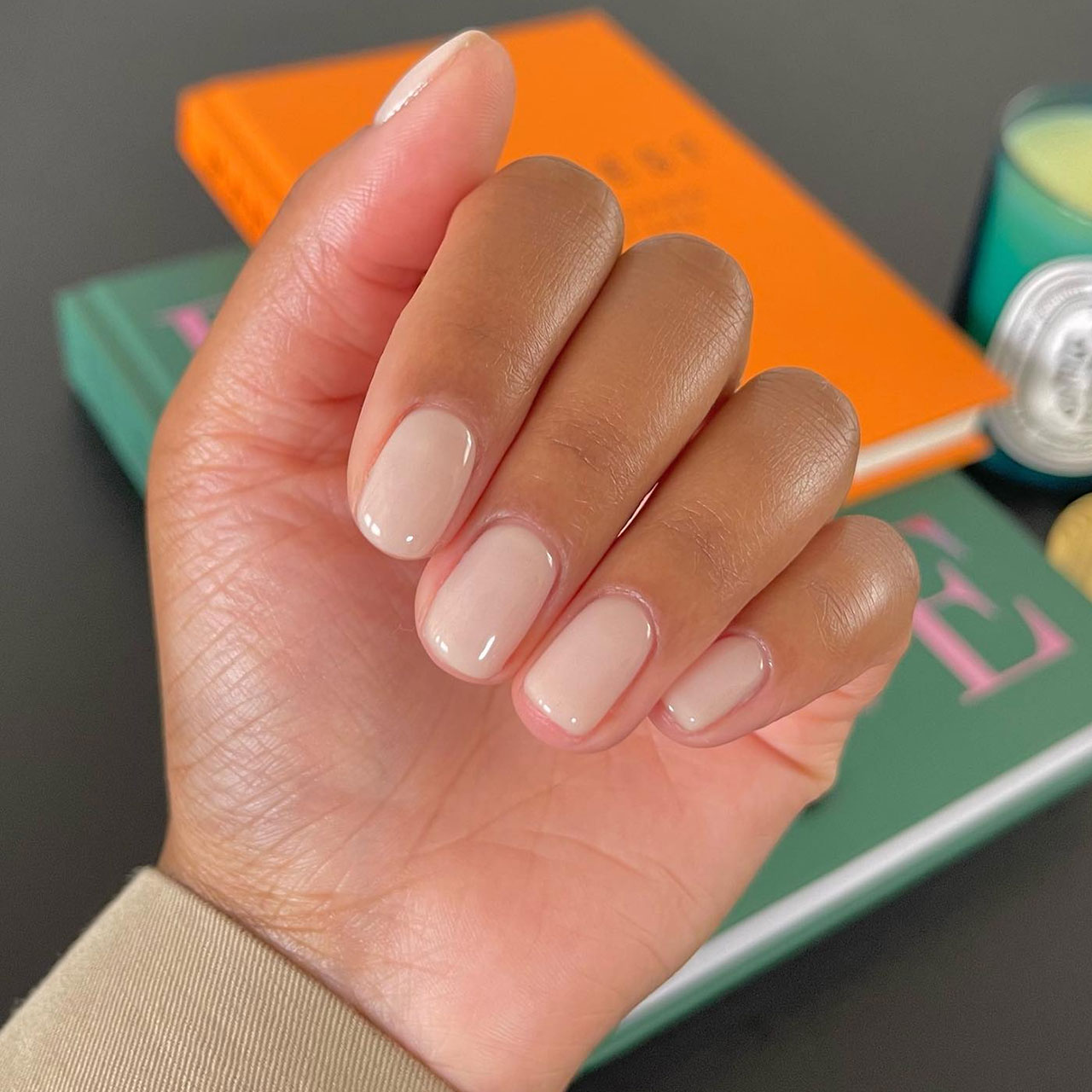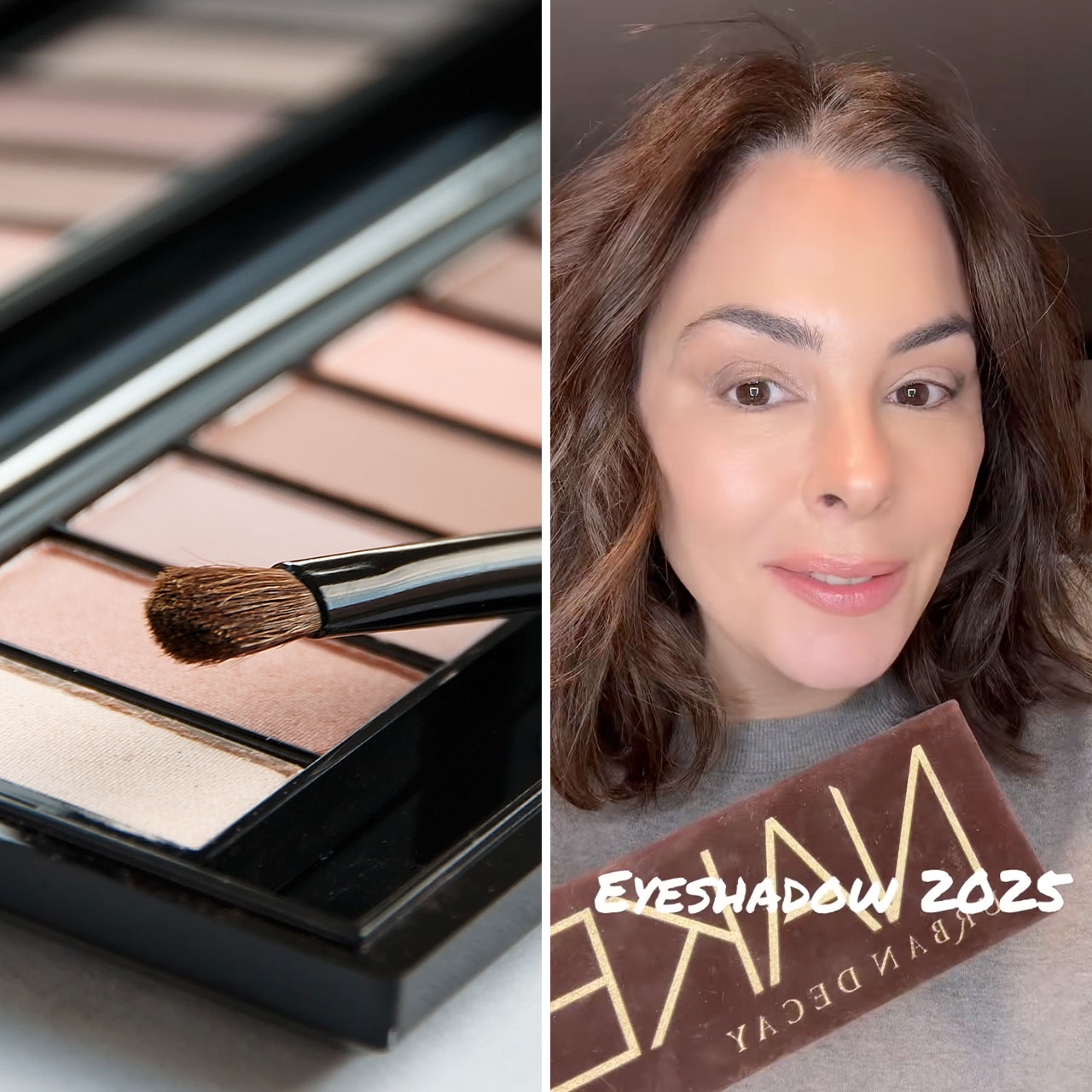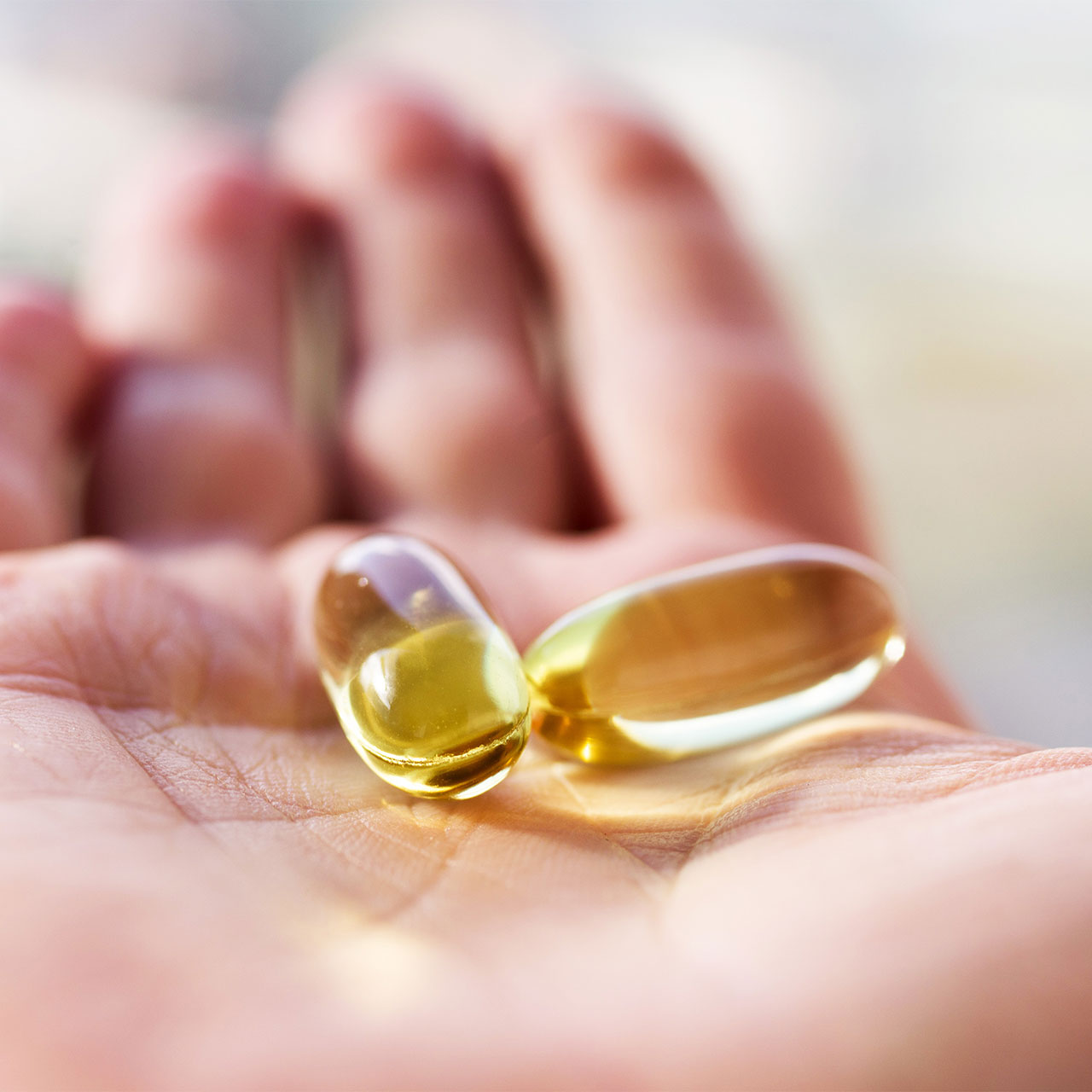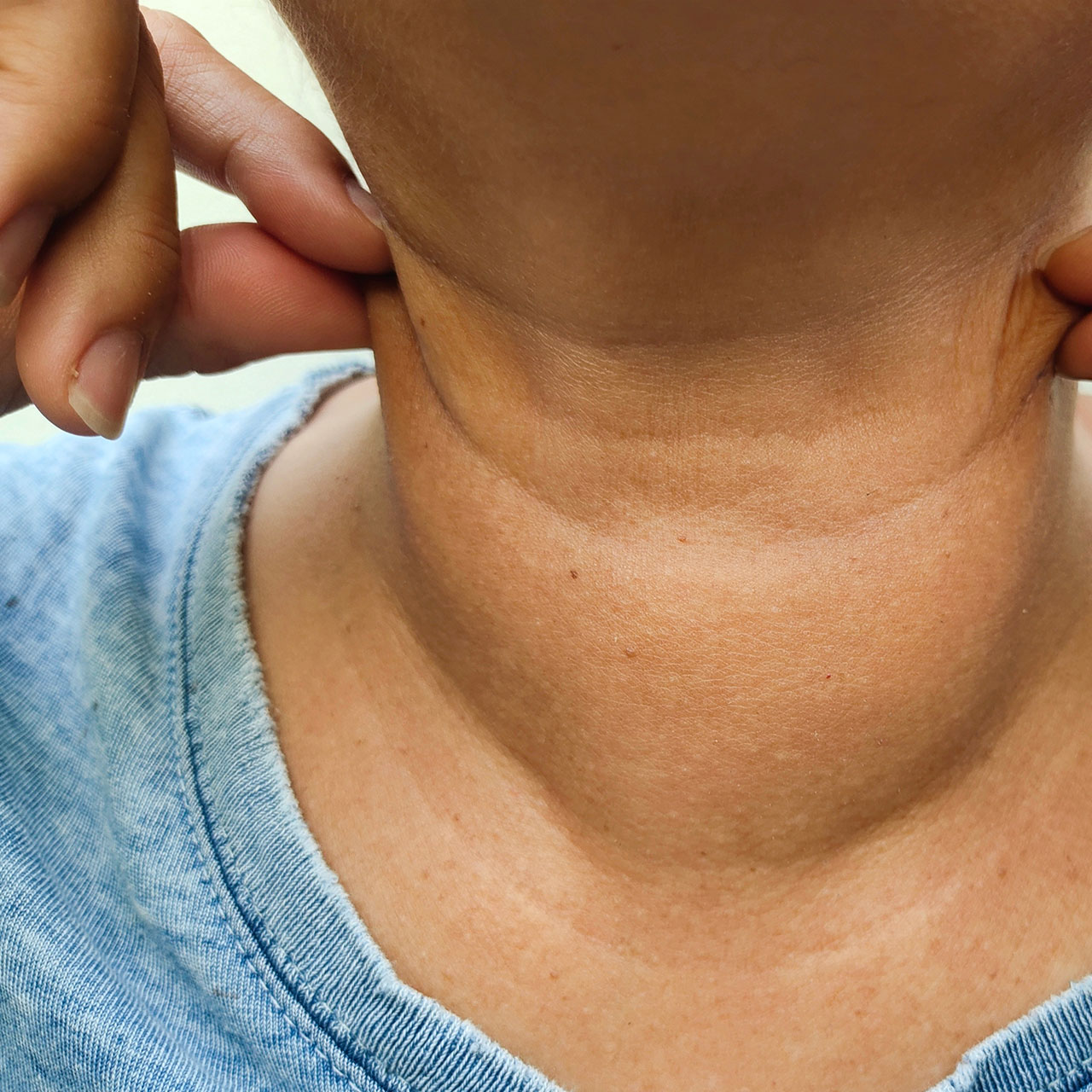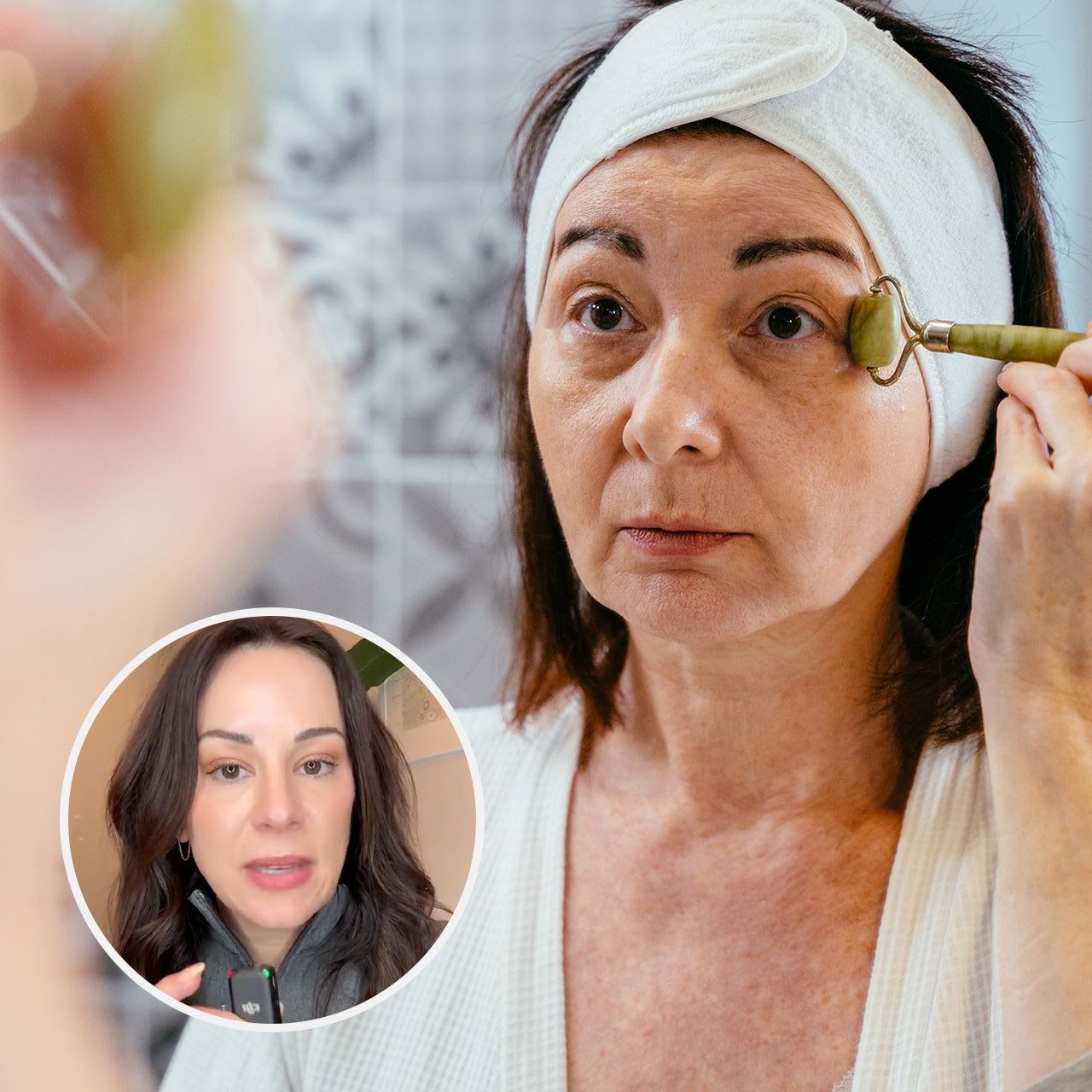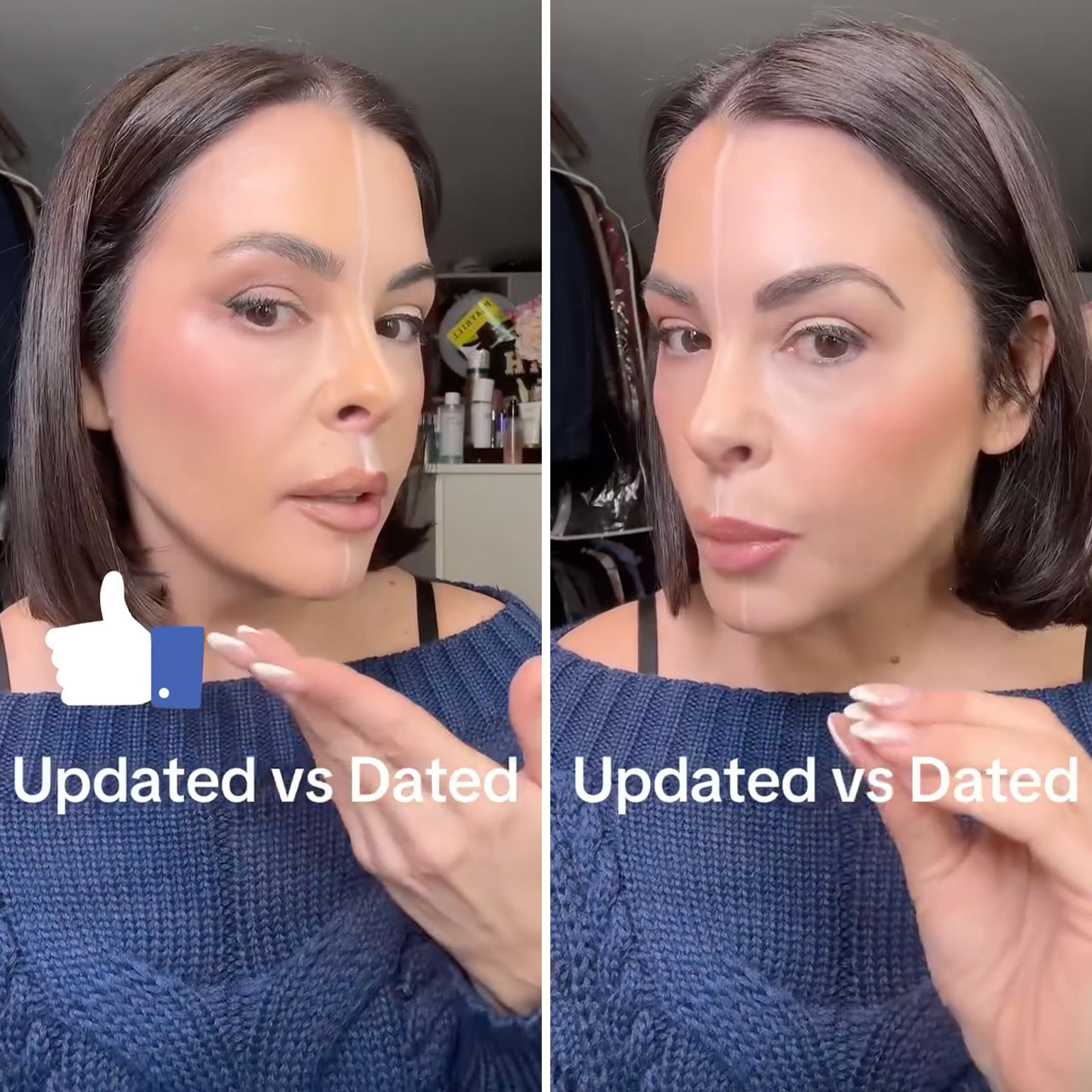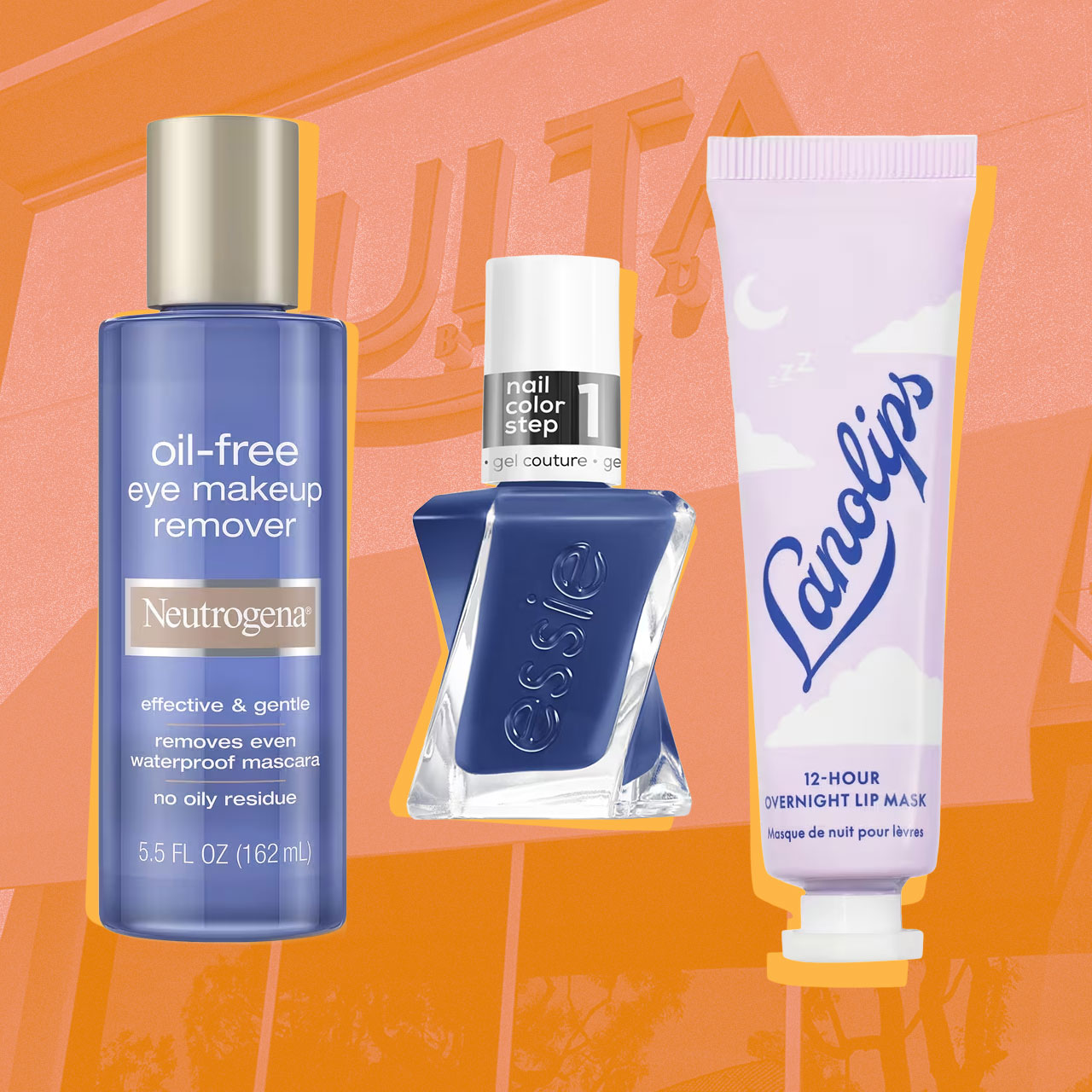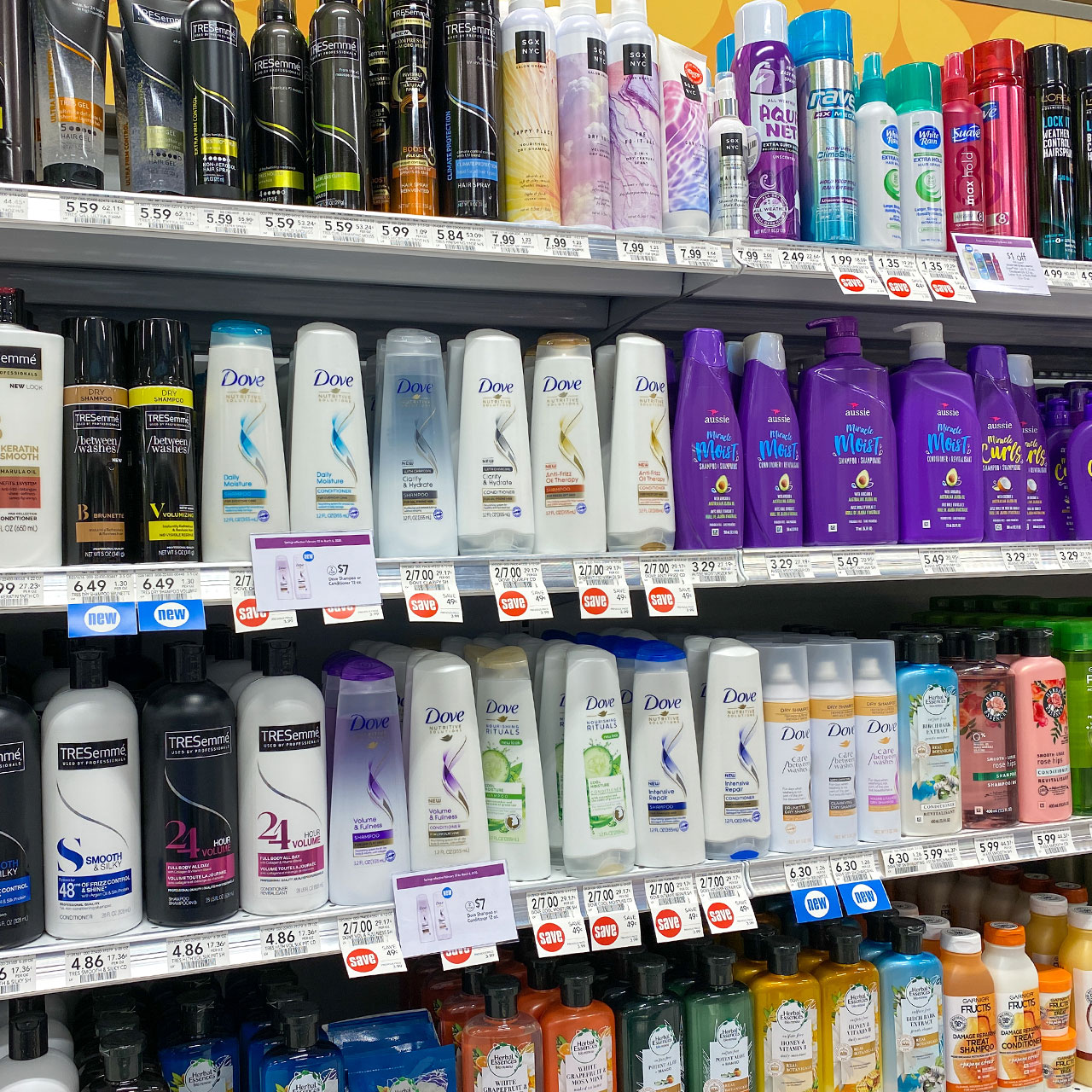Having sagging skin is absolutely normal as you grow older. Getting wrinkles, fine lines, and eye bags are all a part of aging. And if there’s one thing you should know, it’s that you are not alone in this journey. Through the years, your face may or may not drastically change—and that’s totally okay.
We don’t blame you if you want to turn back the clock and look younger. (To be honest, we’re pretty sure that’s what many of us would like to achieve as well.) In order to achieve this, it actually helps to be consistent with a proper skincare routine. On top of that, you may also want to consider investing in products and treatments that specifically target your skin concerns.
However, when it comes to shopping for skincare products, it is very important that you do your research. Being aware of what goes on your face is the most responsible thing to do. You definitely don’t want to apply something that can actually worsen your condition. So, what exactly is a skincare ingredient that you should avoid if you struggle with sagging skin? We asked board certified dermatologic surgeon Dr. Jeffrey T.S. Hsu, MD to find out. Keep reading to learn more.

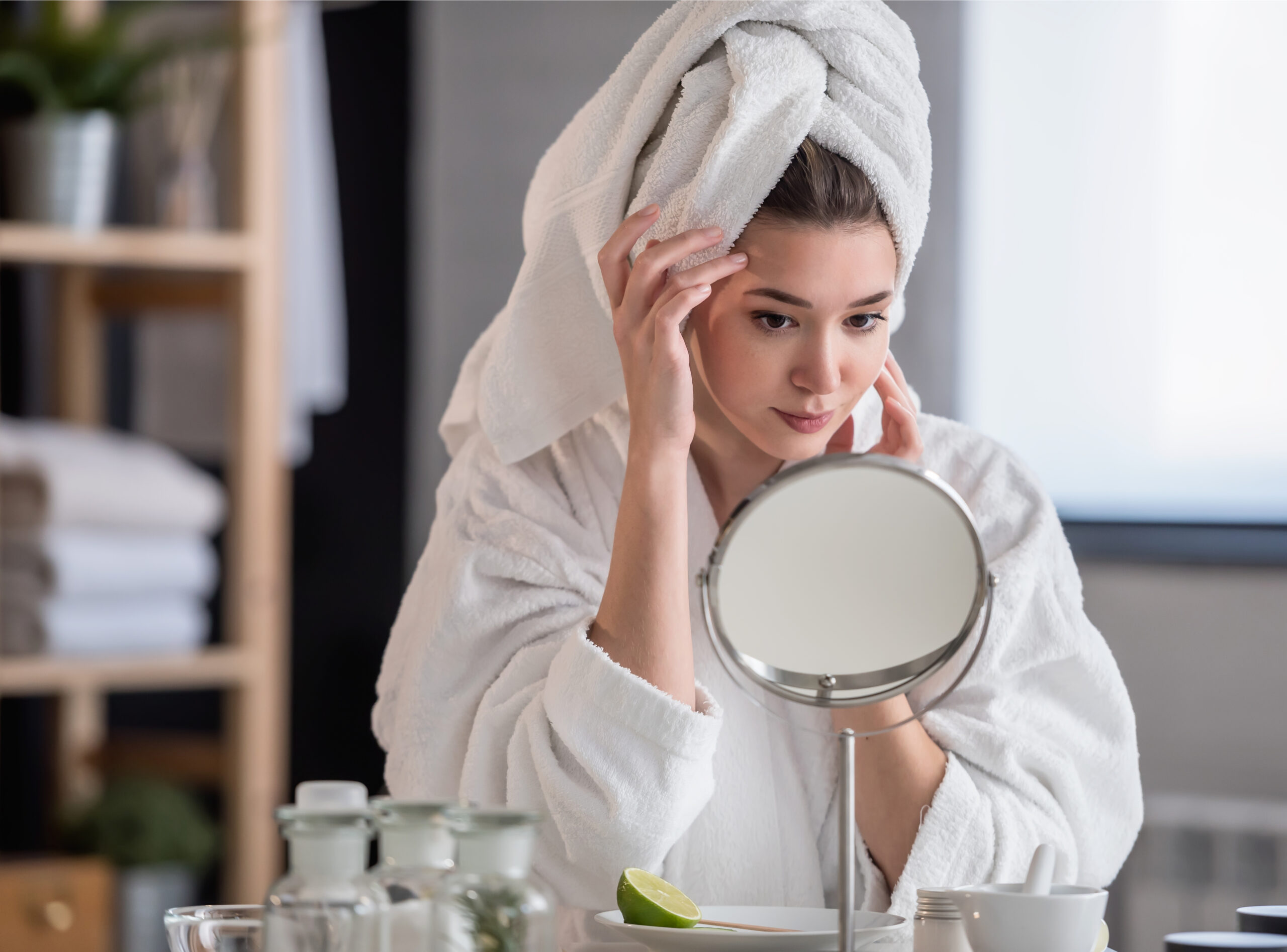
Alcohol
According to Dr. Hsu, "This is an ingredient commonly found in many retail products. So if someone has mature skin or saggy skin, be very careful." He emphasizes that it is important to read the labels of the items you are thinking of purchasing. "If it contains any sort of alcohol, steer clear of that product. The higher the alcohol is listed on the ingredient list, the larger its content in the formulation."
In fact, alcohol comes in many variations. The most common ones include ethanol, methanol, ethyl, denatured, isopropyl and benzyl. Dr. Hsu says, "Alcohol [is] commonly used in skincare products because it is extremely inexpensive and can act as a preservative. [Also, it is an ingredient] that would enhance the consistency in a skincare cream or lotion to make it [feel more elegant]."
Additionally, he explains, "When alcohols are in skincare, it makes the formulation lighter and smoother. When used in formulations that are for [sagging] skin, retail companies will make claims that it tightens the skin." Dr. Hsu confirms and agrees that "it does have that instant effect."
However, the scary downside to this is that the alcohol just purely sits on the skin. He notes, "Solvent alcohols such as isopropyl and ethyl will actually strip away the skin's natural moisture, compromising the skin barrier over time. [When it comes to aging], having a healthy skin barrier is key to keep the skin [hydrated as well as protected] from further damages and loss of collagen from external factors."
Dr. Hsu also points out that high alcohol content in skincare products can extremely irritate your skin. In conclusion, he warns, "The skin’s microbiome can become imbalanced and this can lead to acne and clogged pores. Furthermore, it can also dehydrate the skin further—increasing the appearance of rough textures, dry patches, fine lines, and wrinkles."







